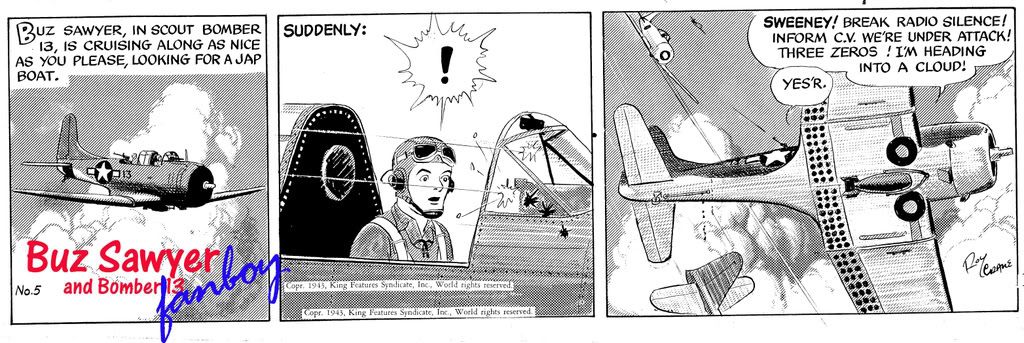Strawbuk -
I know the US data best. Lundstrom suggests that the USN was rather unique in intensively training at deflection shooting. That does not mean that others did not become good at it. If you have some info that indicates that the RAF trained intensively at deflection shooting, I'd like to know about it.
Bombur -
This assumption would be wrong if Nagumo didn´t order the ordnance exchange. In that case the IJN could have launched an attack before the SBD´s arrived and their decks would be empty.
But the assumption would
not be wrong if you delete the IJN TF northward turn. In that event the USN airstrikes arrive about an hour sooner. As I said, if you cherry pick your assumptions you can make up any scenario you want.
Btw, I don´t want to delete the harassing effects of Midway. I think this is one of the variables that made the battle asymetric.
Whatever. I just don't see how it matters vis a vis pilot training or quality. It certainly suggests that the operational plan at Midway was poor. I have said in many instances that the chief failure of the Japanese was to have a complex plan that depended on Kido Butai to simultask too many jobs at the same time (although I've not said that in this thread). That is a major reason why I think any Midway engagement comes out usually with a US win. It's a consequence of underlying factors that don't change no matter how much you cherry pick everything else. It's like the patient that complains: "Dr. Every time I hit myself in the skull with this hammer, my head hurts."
That said, the Japanese had the scouting advantage at Coral Sea and LBA accessible from Rabaul. They could have leveled the same harassing attacks at Coral Sea and they were incapable of doing it. Again, nothing to do with pilot or plane quality, but an operational black mark against the Japanese.
And in the event of Nagumo didn´t ordered the ordnance exchange, the result would be a mutual destruction battle....
I don't agree.
American pride, however, should also be tempered by the realization that sheer luck had much to do with the outcome.
American pride does not enter into the logic. Nor does luck. Stuff happens in combat. Any good military planner has to account for the fact that plans will almost never be implemented with perfection. The US plan was solid, simple, and well within the capability of the forces deployed against the Japanese. The IJN plan was complex, depended on perfect implementation of the attacks, perfect scouting and perfect timing, and attempted with insufficient assets for the job. The Japanese knew this even before the battle began, as was indicated by their own pre-operation games. The Japanese did not assume "mutual destruction" in their simulation. They assumed that ONE US CV could ruin their day. Then they ignored their findings.
Without some incredibly good fortune for the Americans, and some equally bad luck for the Japanese—most notably, the cloud cover that obscured Task Force 17 when Chikuma 5 flew almost right over it at 0630—Nagumo would have gotten his strike force off his carriers.
Without Tone #4 scout plane flying a patrol pattern that was not intended, the Japanese would never have spotted ANY USN CVs. By the way, suddenly cloud cover, which you dismissed in re Coral Sea, becomes an important factor. Is this a case of "special pleading" (see aforementioned Baloney Detector).
The American carrier force most likely would have been destroyed.
Subjective claim with no basis in data. The Japanese did not destroy
Yorktown by air despite numerous torpedo hits and bomb hits.
Lexington was lost primarily because of a damage control error, long after the last Japanese a/c left the scene, when she was apparently in the process of recovering full functionality.
The remarkable decoding work that had uncovered the Midway operation and set the stage for an ambush would have been seen, instead, as having led the American carriers into a trap.
In the "Baloney Detector" kit, this is known as begging the question. In essence, you have argued that "Without the USN decoding success, the US would have lost; but with the USN decoding sucess, the US should have lost." Basically every argument you have offered begins with the premise that the IJN wins, apparently regardless of circumstances.
Had that happened, the course of the war in the Pacific would have been unimaginably different. Such are the fortunes of war.
The war would not have been terribly different. There is a good analysis of the "What if Japan had won at Midway" scenario available at
www.combinedfleet.com.
Show me a fellow who rejects statistical analysis a priori and I'll show you a fellow who has no knowledge of statistics.
Didn't we have this conversation already?








